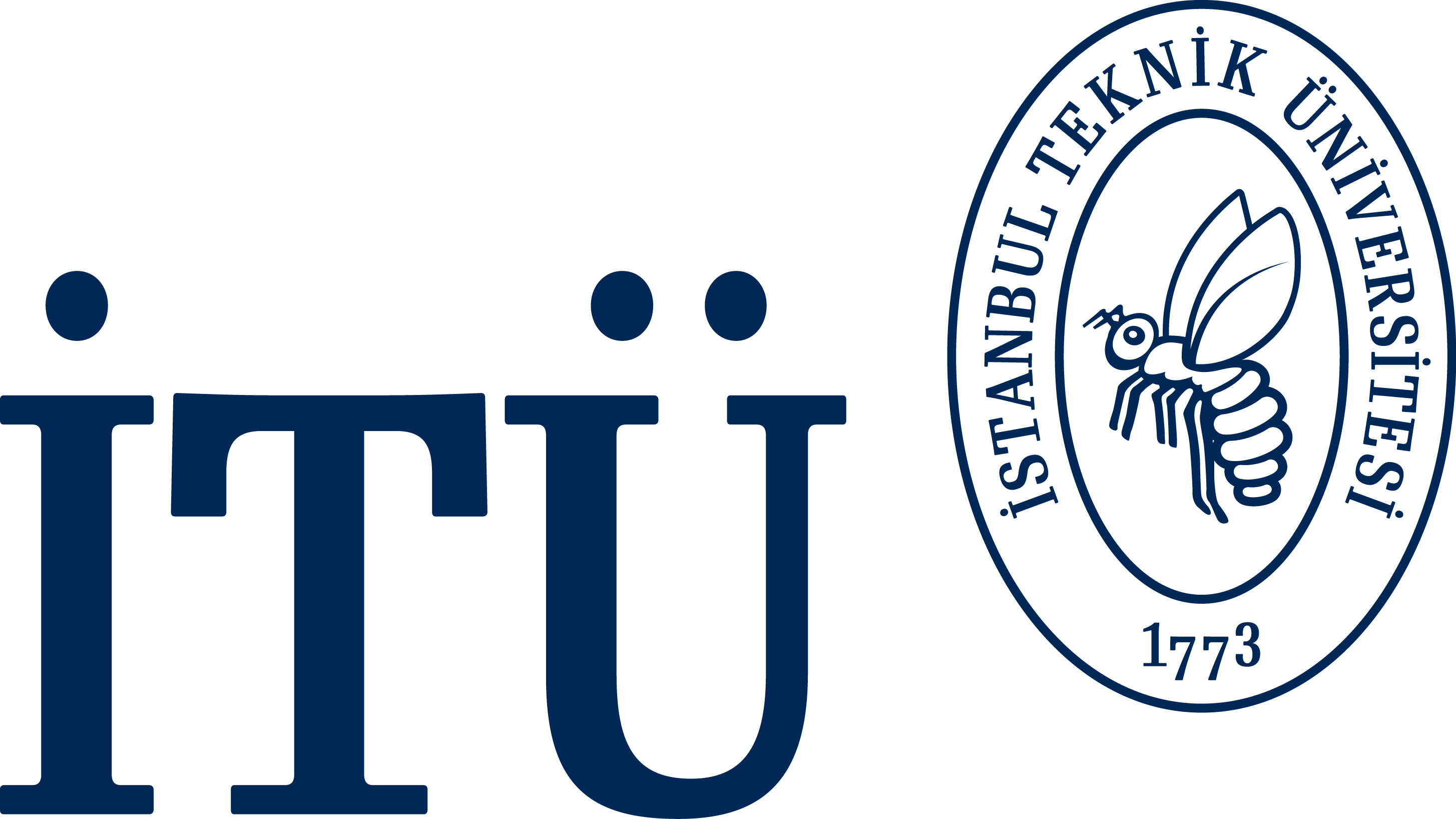
|
DERS PROGRAMI FORMU
|
Son Güncelleme (Last Update)
23.02.2022
|
| Dersin Adı: Optimal Kontrol Teorisi | Course Name: Optimal Control Theory |
| Kod (Code) |
Yarıyıl (Semester) |
Kredi (Local Credits) |
AKTS Kredi (ECTS Credits) |
Ders Uygulaması, Saat/Hafta (Course Implementation, Hours/Week) |
||
| Ders (Theoretical) |
Uygulama (Tutorial) |
Laboratuvar (Laboratory) |
||||
| MAT 453/E | 6, 7, 8 | 3 | 6 | 3 | 0 | 0 |
| Bölüm / Program (Department / Program) |
Matematik / Matematik Mühendisliği
(Mathematics / Mathematical Engineering) |
||
| Dersin Türü (Course Type) |
Seçmeli
(Elective) |
Dersin Dili (Course Language) |
Türkçe / İngilizce
(Turkish / English) |
| Dersin Ön Koşulları (Course Prerequisites) |
MAT201-E / MAT210-E / MAT232-E min DD | ||
| Dersin Mesleki Bileşene Katkısı, % (Course Category by Content, %) |
Temel Bilim ve Matematik (Basic Sciences and Math) |
Temel Mühendislik (Engineering Science) |
Mühendislik / Mimarlık Tasarım (Engineering / Architecture Design) |
Genel Eğitim (General Education) |
| 40 | 40 | 20 | - |
| Dersin Tanımı (Course Description) |
Optimal Kontrol Teorisinin Tarihsel Gelişimi ve Güncel Problemleri, Varyasyonlar Hesabı Hakkında Temel Bilgiler, Optimal Kontrol Problemlerinin Varyasyonlar Hesabı Problemlerinden Temel Farkları, Pontryagin'in Maksimum İlkesi, İspati ve Örnekler, Doğrusal Sistemler için Kuadratik Amaç Durumunda Optimal Düzenleyicinin Riccati Denklemi ile Oluşturulması, Sentez Problemi ve Optimal Kapalı Düzenleyiciler, Lagrange İlkesi, İspatı ve Örnekler, Bellman'ın Dinamik Programlama Yöntemi, Kontrol Edilebilir Sistemler, Analitik Karakteristikleri ve Kalman Teoremi. |
| Historical Development of the Optimal Control Theory and Actual Problems, Introduction to the Calculus of Variations, Main Differences Between Optimal Control Theory and Calculus of Variations, Pontryagin's Maximum Principle, Its Proof and Examples, Formation of the Optimal Regulator with Riccati's Equation for the Linear Systems with Quadratic Object Functional, The Synthesis Problem and Closed Optimal Loop, Lagrange Principle, Its Proof and Examples, Bellman's Dynamical Programming Method, Controllable Systems, Their Analytic Characteristics and Kalman's Theorem. | |
| Dersin Amacı (Course Objectives) |
|
|
|
| Dersin Öğrenme Çıktıları (Course Learning Outcomes) |
Bu dersi tamamlayan öğrenciler aşağıdaki becerileri elde eder:
|
Students completing this course will be able to:
|